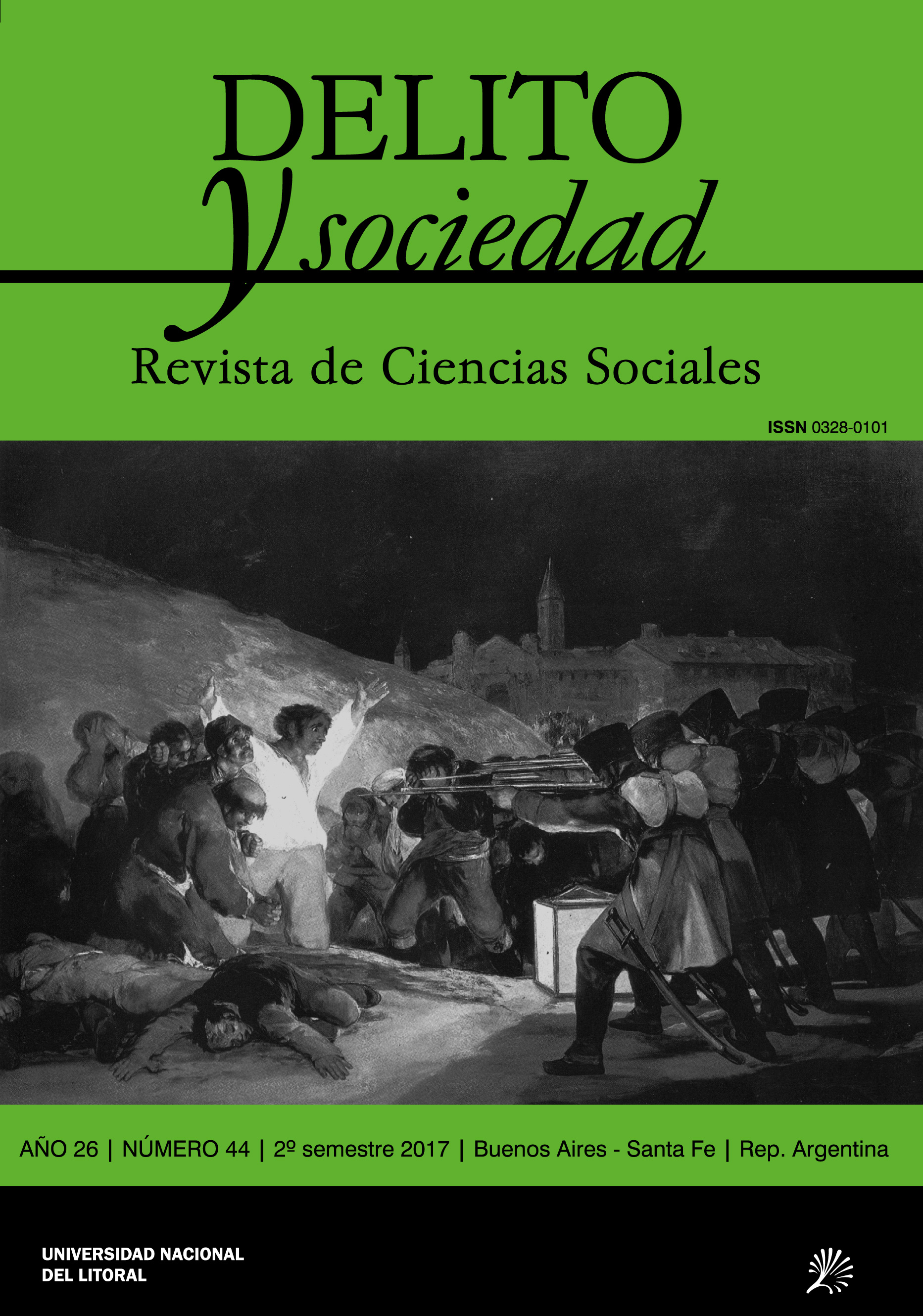Police and citizen revolution: A balance of police reform in Ecuador 2007-2014
DOI:
https://doi.org/10.14409/dys.v2i44.7625Keywords:
Citizen revolution, post-neoliberalism, police reform, changes, continuitiesAbstract
The administration of President Rafael Correa, which started in 2007 in Ecuador, is part of the post-neoliberal political trend shared by some countries in the Latin American region. In terms of public policy it was conceived as a challenge to transform and modernize the National Police as part of a new model of an integral security system. What structural changes have the police experienced in Ecuador? What political reasoning has been associated with these changes? This article analyzes the changes, continuities and setbacks in National Police institution from 2007 to 2013. We argue that although there has been progress in the transformation of the police, the key to understand the changes is not within the democratic police reform framework. By contrast, the changes have been
part of the typical political pragmatism in the exercise of power and the government rationalities in the fight against crime. The combination of these factors has led to a process of “police-perspective colonization” in understanding and governing the police, which meant that the reforms reproduce traditional corporate structures.

